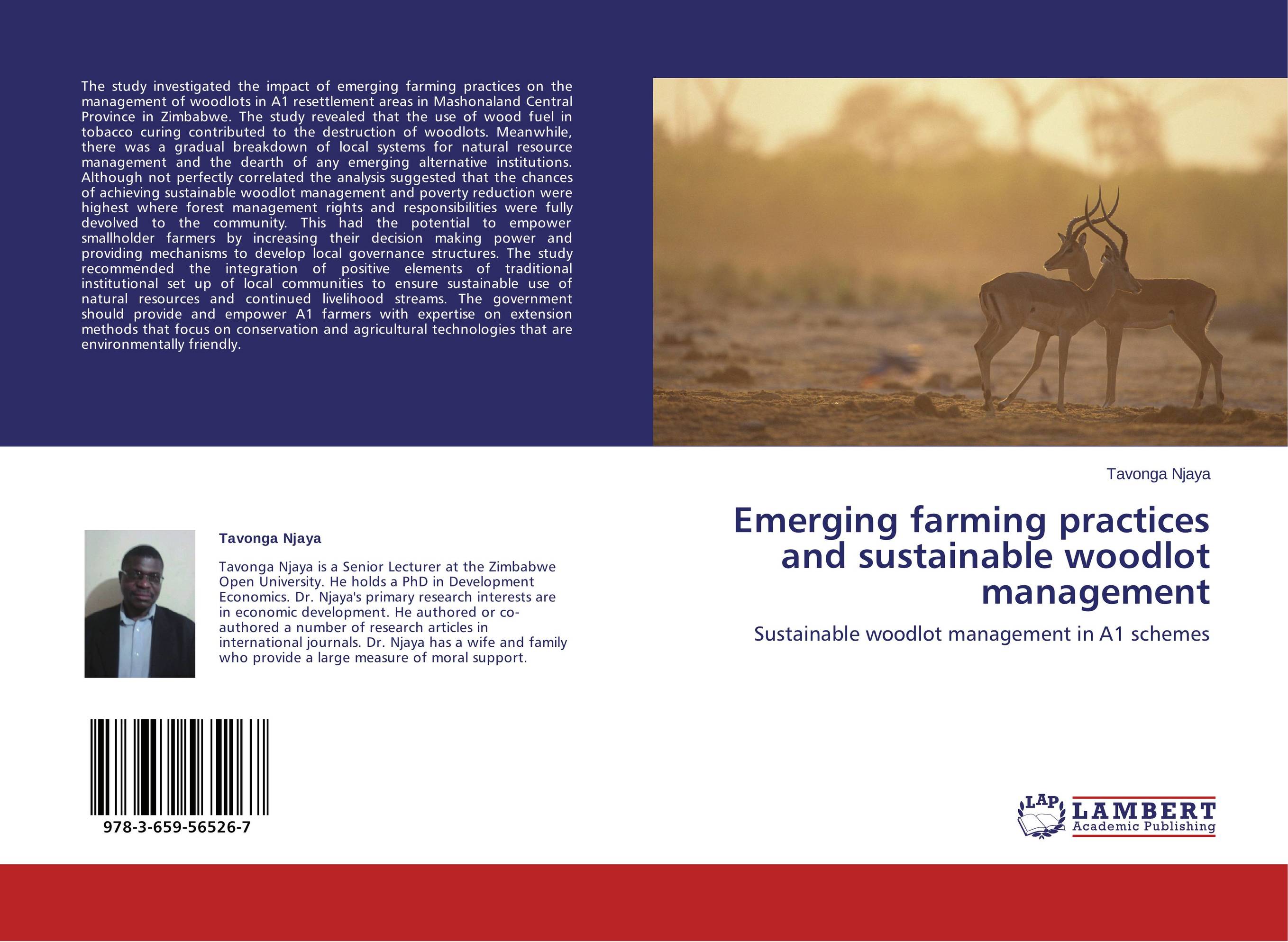| Поиск по каталогу |
|
(строгое соответствие)
|
- Профессиональная
- Научно-популярная
- Художественная
- Публицистика
- Детская
- Искусство
- Хобби, семья, дом
- Спорт
- Путеводители
- Блокноты, тетради, открытки
Emerging farming practices and sustainable woodlot management. Sustainable woodlot management in A1 schemes

В наличии
| Местонахождение: Алматы | Состояние экземпляра: новый |

Бумажная
версия
версия
Автор: Tavonga Njaya
ISBN: 9783659565267
Год издания: 2014
Формат книги: 60×90/16 (145×215 мм)
Количество страниц: 72
Издательство: LAP LAMBERT Academic Publishing
Цена: 23635 тг
Положить в корзину
| Способы доставки в город Алматы * комплектация (срок до отгрузки) не более 2 рабочих дней |
| Самовывоз из города Алматы (пункты самовывоза партнёра CDEK) |
| Курьерская доставка CDEK из города Москва |
| Доставка Почтой России из города Москва |
Аннотация: The study investigated the impact of emerging farming practices on the management of woodlots in A1 resettlement areas in Mashonaland Central Province in Zimbabwe. The study revealed that the use of wood fuel in tobacco curing contributed to the destruction of woodlots. Meanwhile, there was a gradual breakdown of local systems for natural resource management and the dearth of any emerging alternative institutions. Although not perfectly correlated the analysis suggested that the chances of achieving sustainable woodlot management and poverty reduction were highest where forest management rights and responsibilities were fully devolved to the community. This had the potential to empower smallholder farmers by increasing their decision making power and providing mechanisms to develop local governance structures. The study recommended the integration of positive elements of traditional institutional set up of local communities to ensure sustainable use of natural resources and continued livelihood streams. The government should provide and empower A1 farmers with expertise on extension methods that focus on conservation and agricultural technologies that are environmentally friendly.
Ключевые слова: Land reform, A1 model, Common pool resource, Household, Institutional gap, Land reform, Woodlots



